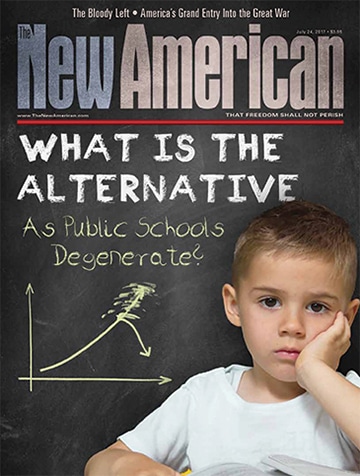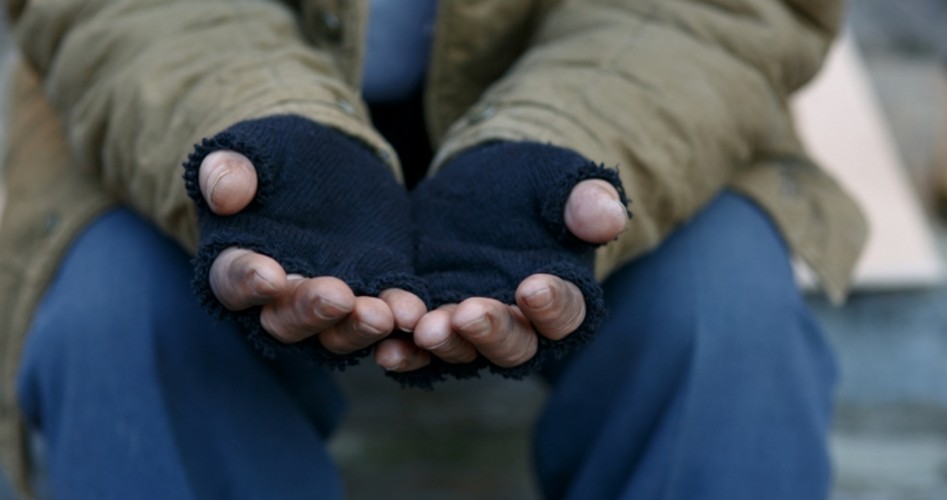Should the Government Help the Needy?
All of the world’s great religions and ethical systems teach of the moral obligation to help the needy. The founder of Christianity, Jesus Christ, characterized the poor as beloved of God, and condemned the wealthy and privileged for their lack of generosity to the downtrodden. For Muslims, zakat, or alms-giving, constitutes one of the five fundamental pillars of their faith, while among Hindus, charity toward the poor is enjoined even in their oldest religious texts. A large component of civil society everywhere consists of charitable organizations whose primary objective is to alleviate the suffering of the needy — for example, malnourished children, those suffering from debilitating diseases and disabilities, and the hundreds of millions of human beings worldwide living in extreme poverty, from the slums of Bombay to the projects of the Bronx and L.A.
Because charitable giving is so universally acclaimed, it is natural to inquire whether the most powerful of man-made institutions, governments, should engage in it. After all, if even a small individual donation can make a major difference in the life of a needy child or family, surely governments, with their vast resources, can make a far greater difference. This belief — that government, traditionally viewed in the West as a source of dangerous destructive power that must be strictly limited and contained, can be turned from its violent and repressive tendencies into a force for unlimited charity — is one of the fundamental premises of modern socialism, especially in its social democratic and Christian democratic guises so characteristic of Western European and American so-called liberalism. During the last election cycle, Democratic candidate Bernie Sanders articulated this position often and persuasively, attracting millions of idealistic Americans to his campaign. But should government be involved in charitable giving to the poor and otherwise needy as a matter of permanent policy?
Charitable giving is, or ought to be, voluntary. While many churches and religions expect the faithful to donate tithes and offerings, and most ethical systems enjoin charitable giving and other forms of assistance to the needy, these are never compulsory. The other day on a bus in the poor Asian country where this author currently resides, a man with no hands boarded the bus, and after reciting a Buddhist-inspired plea for charity on his behalf, walked down the aisle. Most of the passengers, this author included, gave generously to a man in obvious genuine need. For a few minutes, that particular bus became a venue for a very generous outpouring of charity toward one of the less fortunate of God’s children. And every individual who participated, whether Hindu, Buddhist, Christian, or Muslim, did so out of spontaneous generosity.
JBS Member or ShopJBS.org Customer?
Sign in with your ShopJBS.org account username and password or use that login to subscribe.

 Subscribe Now
Subscribe Now
- 24 Issues Per Year
- Digital Edition Access
- Exclusive Subscriber Content
- Audio provided for all articles
- Unlimited access to past issues
- Cancel anytime.
- Renews automatically

 Subscribe Now
Subscribe Now
- 24 Issues Per Year
- Print edition delivery (USA)
*Available Outside USA - Digital Edition Access
- Exclusive Subscriber Content
- Audio provided for all articles
- Unlimited access to past issues
- Cancel anytime.
- Renews automatically


